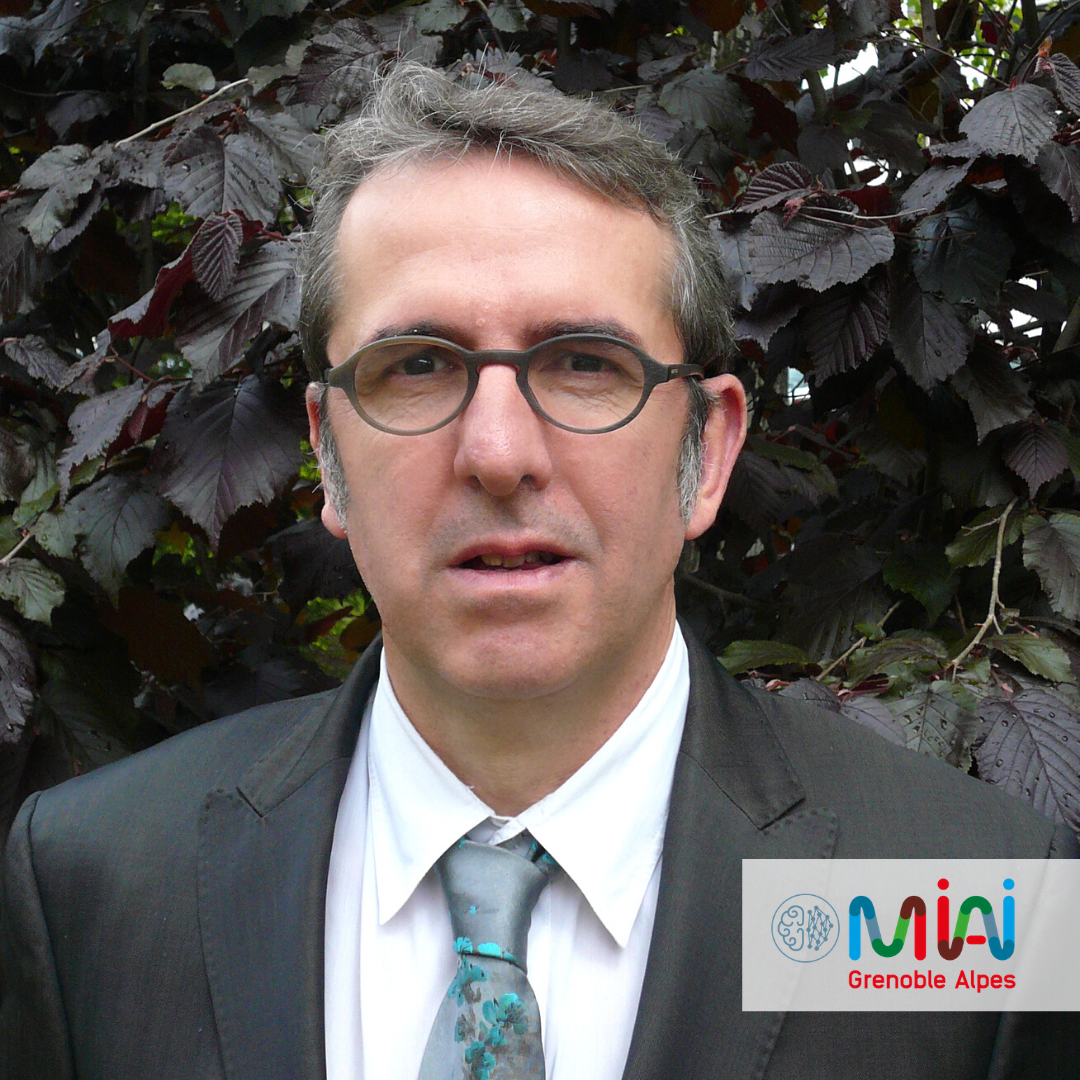Head of the chair

Jean-Louis Pépin, Professor of Clinical Physiology at University of Grenoble-Alpes (UGA)
Vice-Dean of the Grenoble school of Medicine in charge of researchDirector of the HP2 Laboratory (Inserm U1042; Hypoxia Pathophysiology)
jean-louis.pepin@univ-grenoble-alpes.fr
Website
Co-Chair holder
Emmanuel Mignot (International)
Team members
Core members
- J.L Pépin
- Emmanuel Mignot
- Sébastien Bailly
- Lorraine Goeuriot
- Sihem Amer-Yahia


